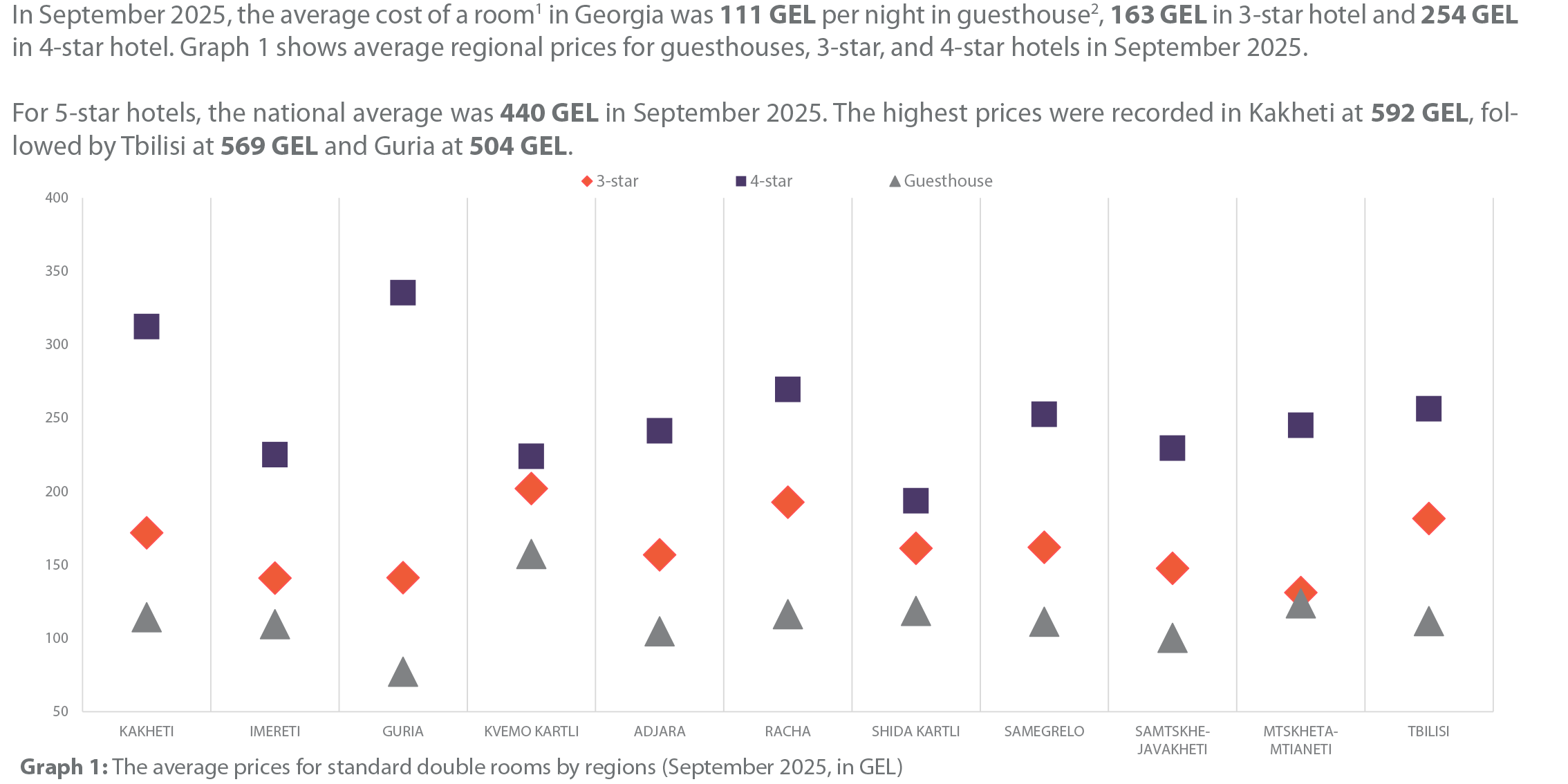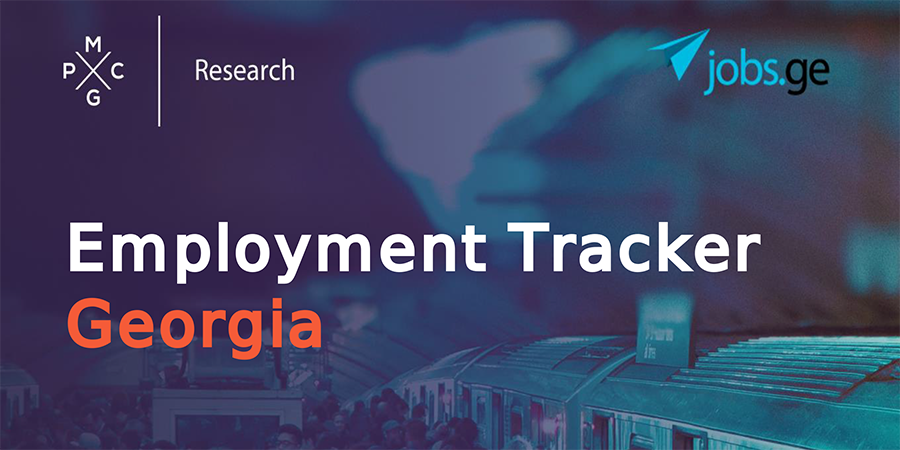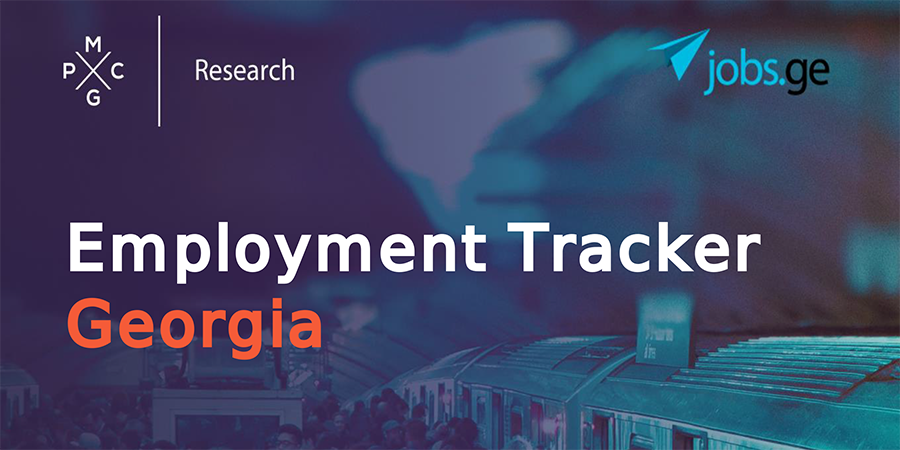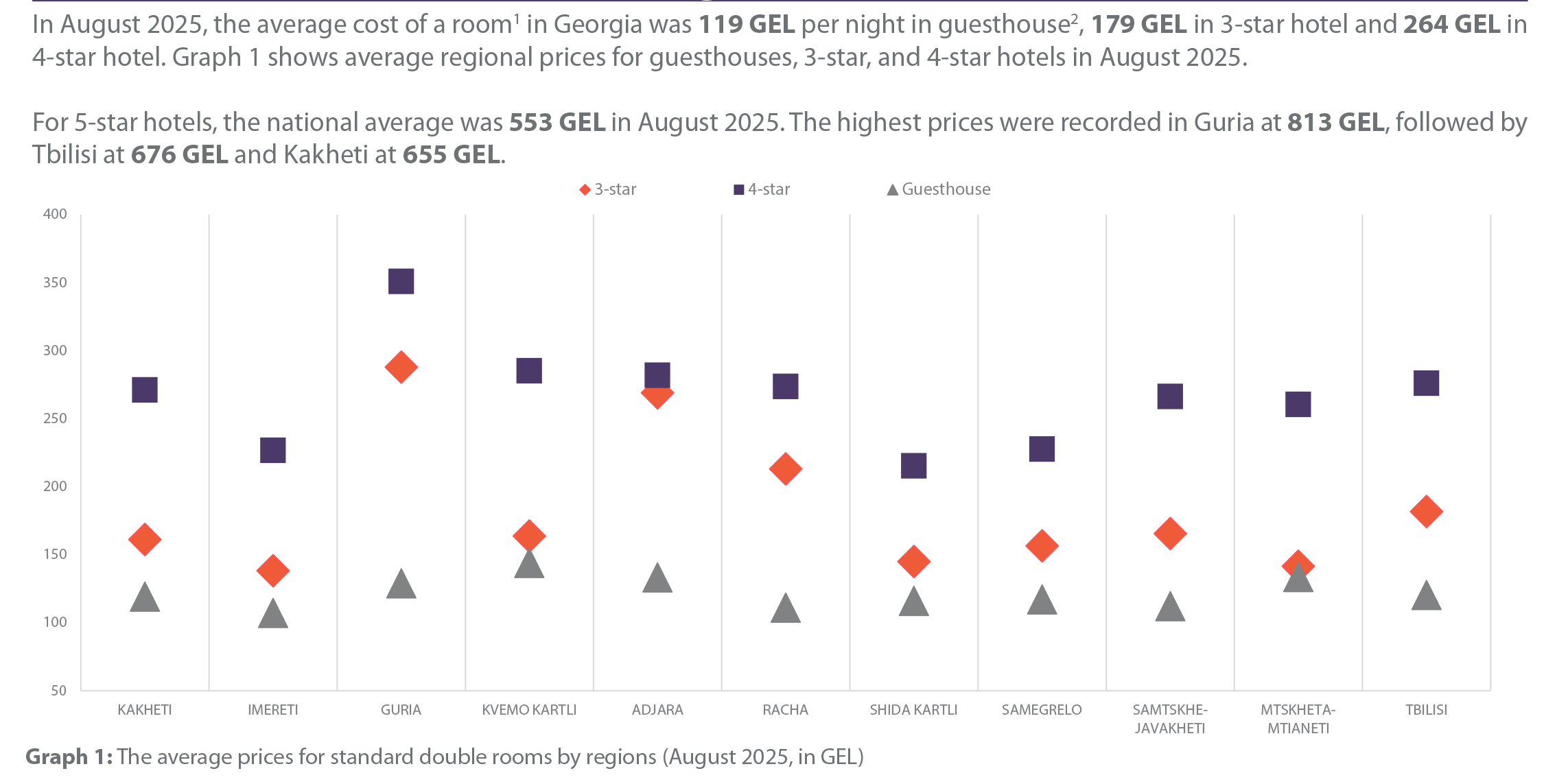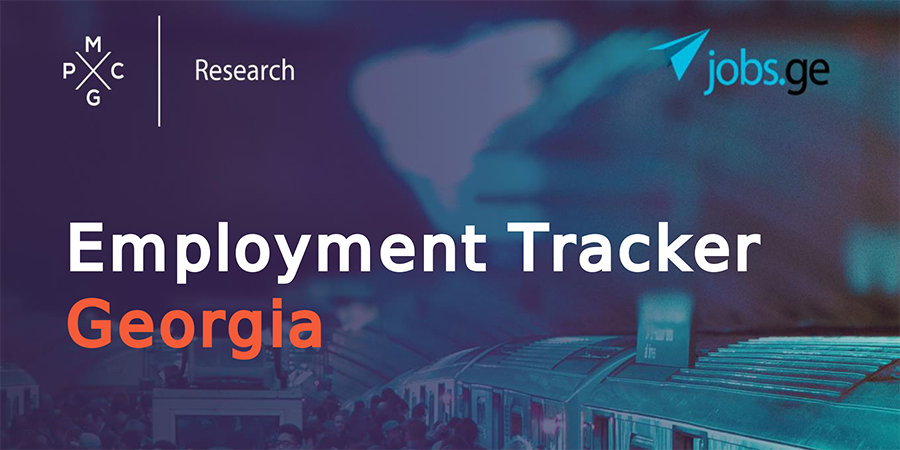
Enhancing Access to Justice Services in Azerbaijan
Feb, 2018

Supporting Tajikistan to Strengthen its Strategic Planning
Feb, 2018
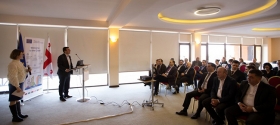
Three New Grants to Support Georgian Municipalities to Promote Local Economic Growth
Feb, 2018
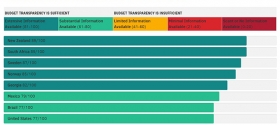
Georgia Ranked 5th in Open Budget Index Rankings
Feb, 2018
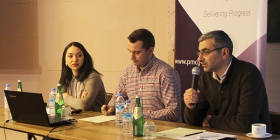
Georgia as a Transit Hub and its Increasing Potential in the Implementation of the Belt and Road Initiative
Jan, 2018

Meet Our New Executive Director
Jan, 2018

Evaluating Tax Policy Analysis and Development in Ethiopia and Ghana
Jan, 2018
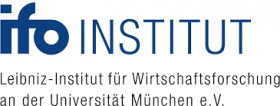
Ifo World Economic Survey (Third Quarter of 2017)
Dec, 2017
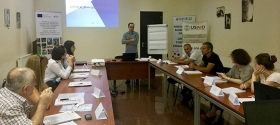
Trainings Conducted as part of the “Civil Society Organizations Supporting Free Trade with Europe” Project
Nov, 2017

Supporting Georgian National Communication Commission to Advance its Business Processes
Oct, 2017










